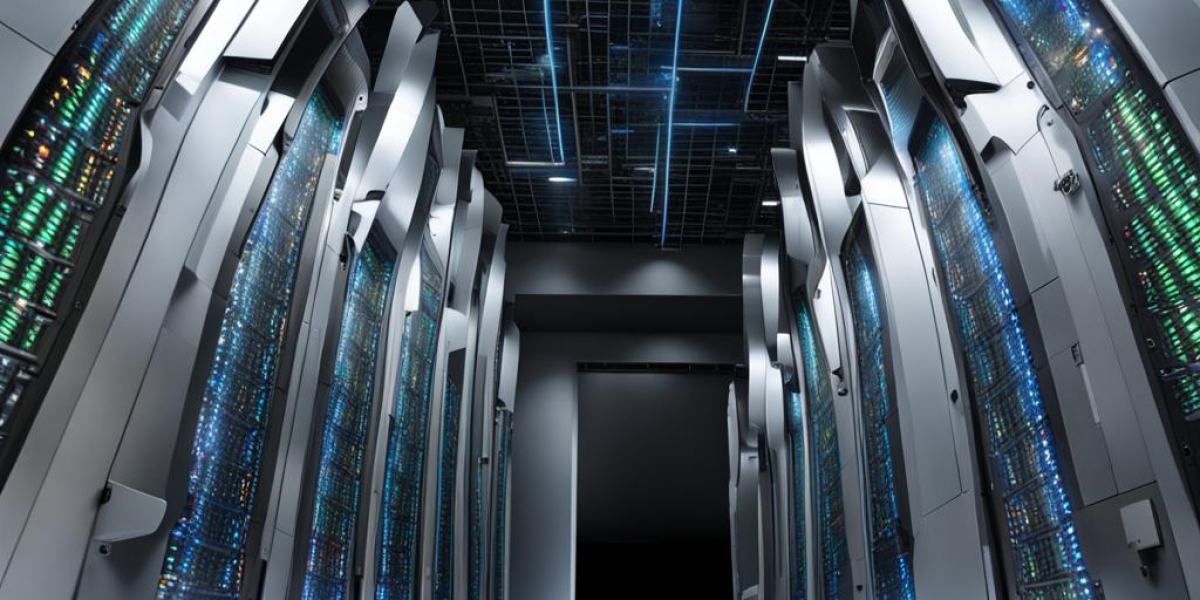The next industrial revolution, characterized by advancements in robotics, nanotechnologies, and other emerging technologies, is expected to have a significant impact on various aspects of our lives. Here are some potential effects:
1. Automation and Job Disruption: The increased use of robotics and automation may lead to changes in the job market. While it may create new job opportunities, certain roles may become obsolete or require reskilling. Workforce adaptation and retraining will be crucial.
2. Enhanced Efficiency and Productivity: The integration of advanced technologies can streamline processes, improve efficiency, and boost productivity across industries. This could lead to cost reductions, increased output, and potentially lower prices for consumers.
3. Economic Transformation: The next industrial revolution has the potential to reshape economies globally. Countries that embrace and invest in these technologies may experience economic growth and competitiveness, while others may face challenges in keeping up with the pace of change.
4. Healthcare and Medicine: Nanotechnologies and robotics can revolutionize healthcare by enabling targeted drug delivery, minimally invasive surgeries, and personalized treatments. This could lead to improved patient outcomes, enhanced diagnostics, and advancements in medical research.
5. Sustainable Development: The integration of advanced technologies can contribute to sustainable development efforts. For example, robotics and automation can optimize energy consumption, reduce waste, and enable more efficient manufacturing processes, promoting environmental sustainability.
6. Ethical and Social Considerations: As these technologies become more prevalent, ethical and social considerations will arise. Discussions around privacy, data security, AI ethics, and the impact on social dynamics will be important to ensure responsible and inclusive deployment.
7. Access and Inequality: It is crucial to address potential disparities in access to these technologies. Ensuring equitable distribution and bridging the digital divide will be essential to prevent exacerbating existing inequalities.
8. Lifestyle and Connectivity: The next industrial revolution may bring advancements in connectivity, Internet of Things (IoT), and smart devices. This could lead to increased convenience, personalized experiences, and interconnectedness in our daily lives.
9. Education and Skills Development: Preparing the workforce for the future will require a focus on education and skills development. Emphasizing STEM (Science, Technology, Engineering, and Mathematics) education and fostering a culture of lifelong learning will be vital.
10. Ethical Dilemmas and Policy Frameworks: The rapid advancement of these technologies raises ethical dilemmas and the need for robust policy frameworks. Regulations and guidelines will be necessary to address concerns such as data privacy, AI ethics, and the responsible use of emerging technologies.
It is important to note that the exact impact and timeline of the next industrial revolution may vary across regions and industries. However, proactive adaptation, collaboration, and responsible implementation of these technologies can help maximize the benefits and mitigate potential challenges.
Awalludin Ramlee
417 Articles/Blog posts 🔥







